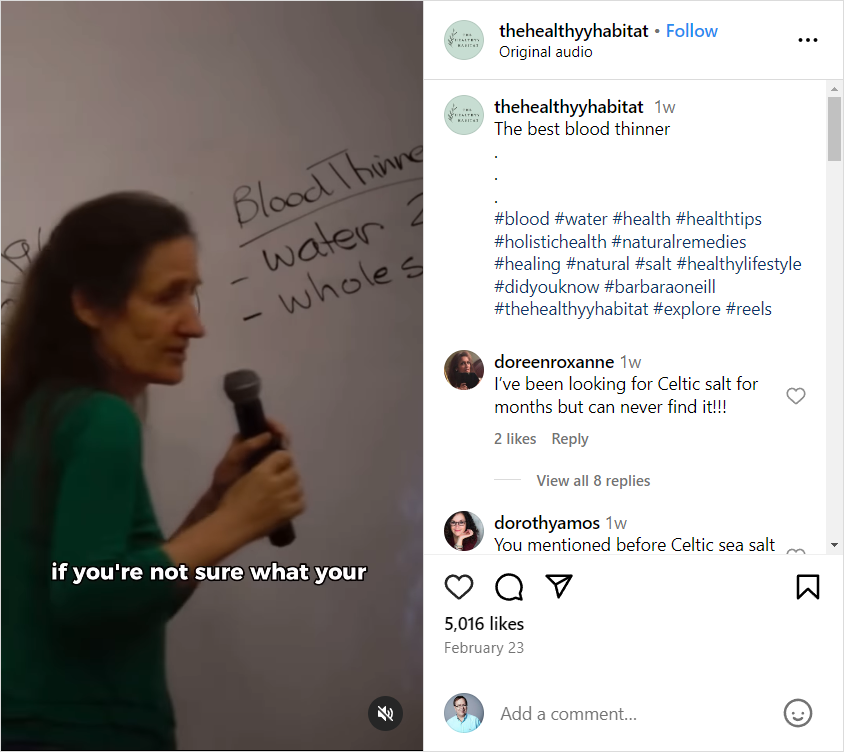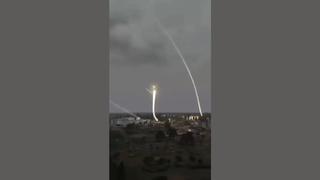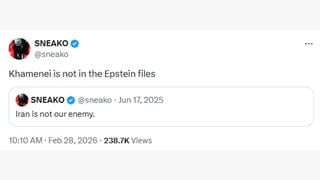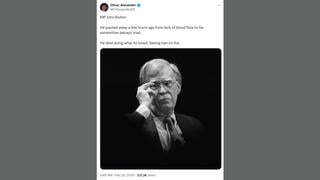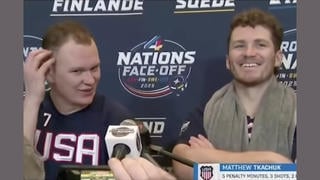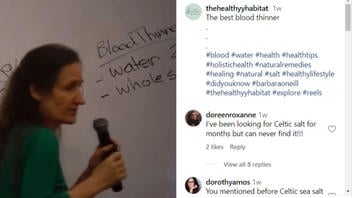
Is water the most powerful blood thinner? No, that's not true: While staying hydrated is important for overall health and can help maintain proper blood viscosity, water does not have the same effect as medications specifically designed to "thin the blood." Some people incorrectly refer to these medications as "blood thinners" but they are actually called anticoagulants. These medications work by interfering with the clotting process to reduce the risk of blood clots forming in the arteries or veins.
The claim appeared in a post and video (archived here) on Instagram by thehealthyyhabitat on February 23, 2024. The post's caption said:
The best blood thinner
.
.
.
#blood #water #health #healthtips #holistichealth #naturalremedies #healing #natural #salt #healthylifestyle #didyouknow #barbaraoneill #thehealthyyhabitat #explore #reels
This is what the post looked like on Instagram at the time of writing:
(Source: Instagram screenshot taken on Thu Mar 7 16:33:13 2024 UTC)
The video
The woman featured in the 88-second video is controversial wellness coach Barbara O'Neill. In the clip, she states that water is the most powerful blood thinner, suggesting there's no need to take anticoagulants like warfarin. O'Neill said:
So, hydration is absolutely essential for proper heart function. But hydration is also important for something else, and that's keeping the blood nice and thin. It's very hard for the blood to be pumped efficiently and effectively through the heart if the blood is thick. ...
The most powerful blood thinner is water. Keep drinking.
Blood experts
Dr. Michael Streiff, medical director at The Johns Hopkins Hospital Special Coagulation Laboratory, told Lead Stories in a March 7, 2024, phone interview that O'Neill's claim in the video is "not true." He continued:
She plays on this like it's common for people to label anticoagulants as quote unquote, blood thinners. But they're not really blood thinners.
Later in the interview, Streiff added:
Water is not a blood thinner. It implies that it blocks the clotting system or interferes with clot formation. I think for most patients, for most people, water has no impact on that at all. So it is not the most powerful blood thinner.
Traci Mondoro, chief of the Translational Blood Science and Resources Branch at the National Heart, Lung, and Blood Institute's Division of Blood Diseases and Resources, said in a March 7, 2024, email that drinking a lot of water does not help "keep the blood nice and thin," as O'Neill suggested. Mondoro said:
Blood thinners do not actually make your blood thinner; they help blood flow smoothly through your veins and arteries as well as keeping blood clots from forming or getting bigger.
Streiff also told Lead Stories that, for most people, drinking water does little to change the consistency of blood. He said;
If you drink a lot of water, you'll dilute your red cells out some but your body controls how much water stays in your body. You know, the kidneys take care of it. It'll get rid of it. So it's not a blood thinner at all.
I think what she's referring to with blood thinning is usually [called] anticoagulation. Water does not anticoagulate you at all. It has no anticoagulation properties.
Barbara O'Neill
O'Neill is well-known in the alternative medicine community but was sanctioned by Australia's Health Care Complaints Commission (HCCC) in 2019. A statement from the HCCC, following an investigation, said:
The Commission is satisfied that Mrs O'Neill poses a risk to the health or safety of members of the public. The Commission therefore makes the following prohibition order:
- Mrs O'Neill is permanently prohibited from providing any health services, as defined in s4 of the Health Care Complaints Act 1993 (the Act), whether in a paid or voluntary capacity.
Read more
Additional Lead Stories fact checks of claims related to O'Neill can be found here.

